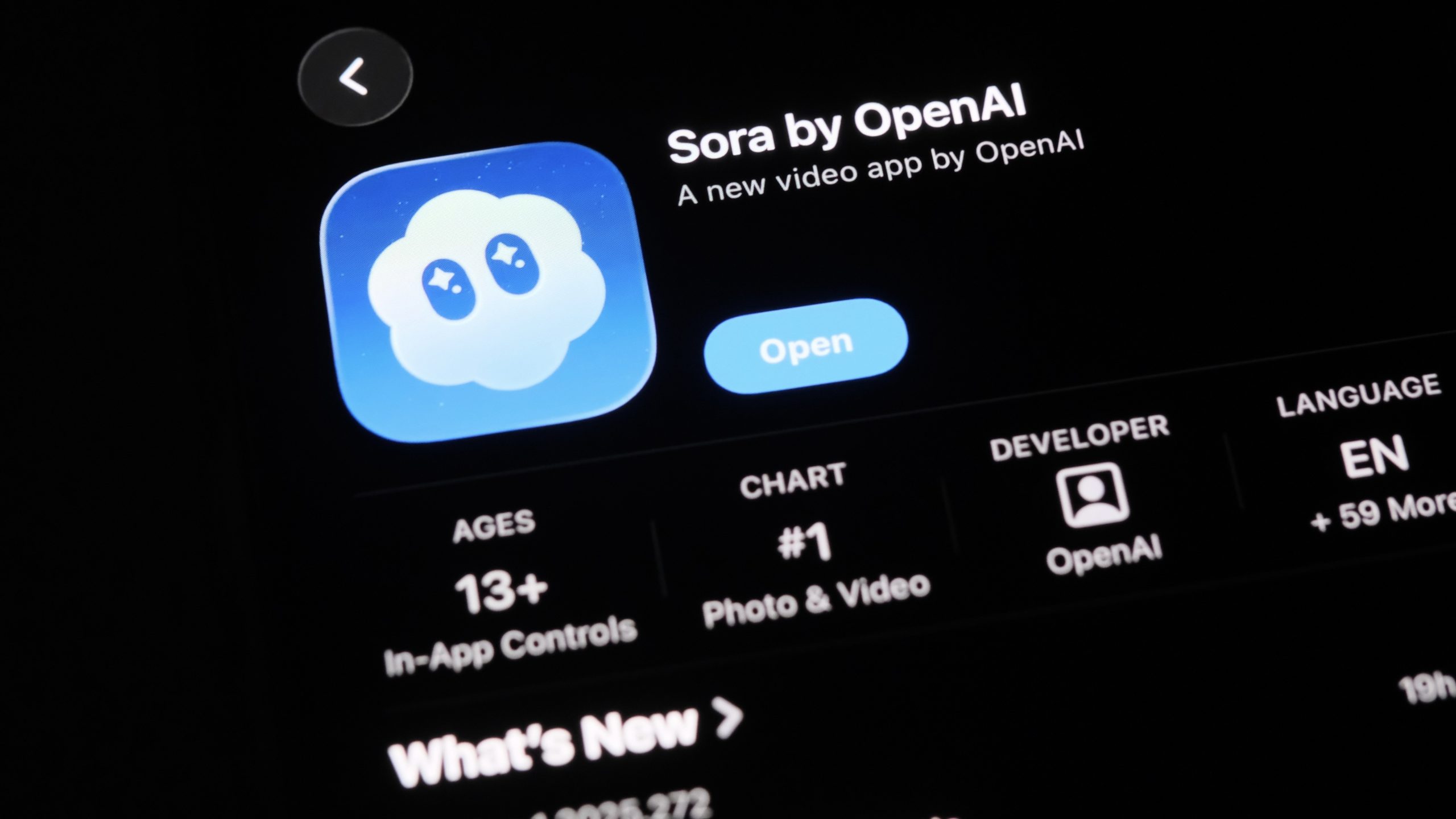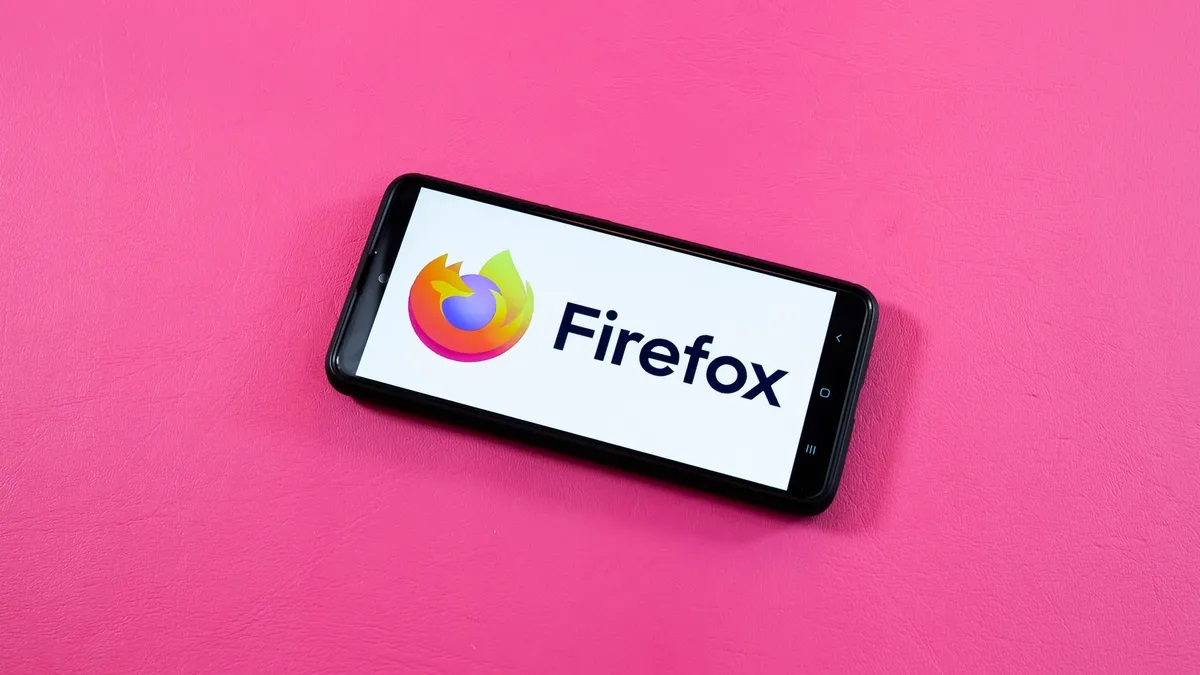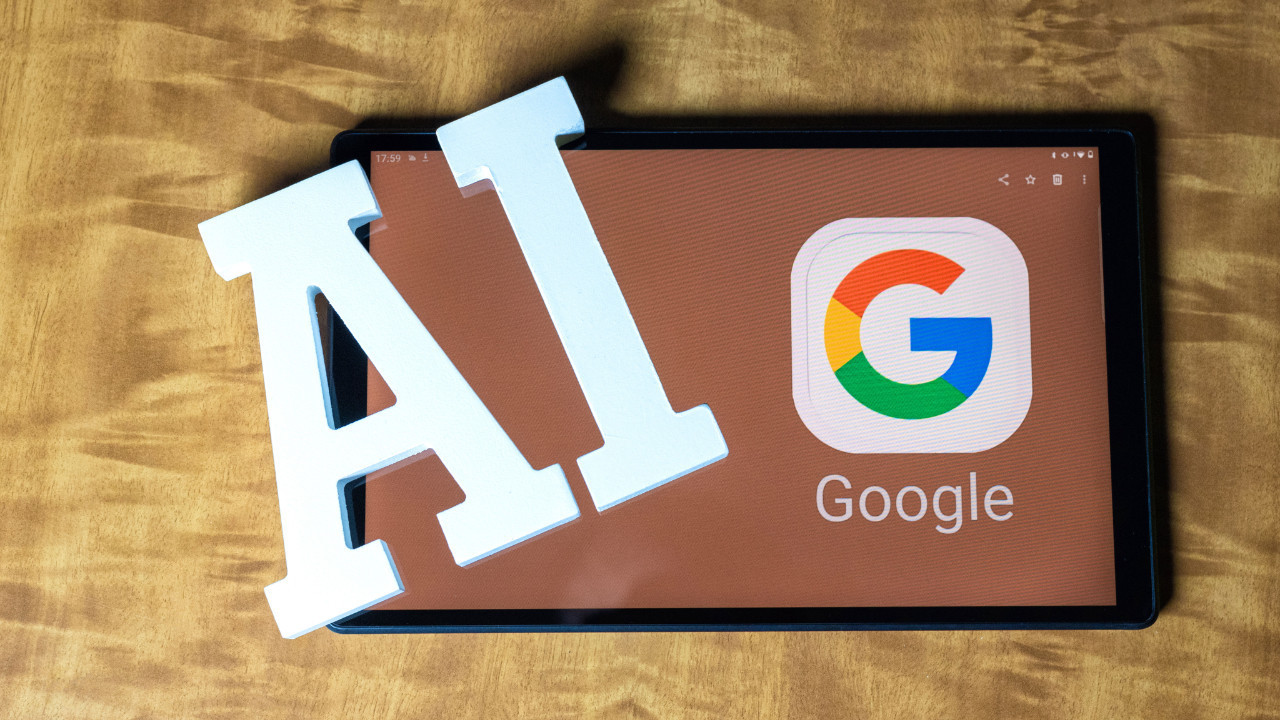The explosive popularity of OpenAI’s new video generator, Sora, has brought both innovation and danger to the digital space. While the real Sora app from OpenAI has taken social media by storm, scammers were quick to capitalize on its success — flooding app stores with fake “Sora” applications that trick users into downloading fraudulent software.
According to OpenAI, Sora hit over one million downloads in less than five days. But this rapid growth created the perfect opportunity for malicious developers. Fake versions of Sora appeared on both Apple’s App Store and Google Play within hours of its release — and many users couldn’t tell the difference.
What Is Sora, and Why Is Everyone Talking About It?
Sora is OpenAI’s groundbreaking tool that can generate hyper-realistic videos using simple text prompts — much like how ChatGPT creates text and DALL-E generates images. It’s often described as “TikTok for AI video,” where anyone can create cinematic scenes powered entirely by artificial intelligence. The results have been stunning, fueling viral trends across X, TikTok, and Reddit.
However, the success of Sora has also created chaos. Thousands of users searched app stores for “Sora” immediately after its announcement — and that’s where the trouble began.
Fake Sora Apps Take Over the App Store and Play Store
As reported by TechCrunch, more than a dozen fraudulent apps were uploaded to major app marketplaces under names like “Sora” or “Sora 2 – AI Video Generator.” Some of these apps were existing low-quality products that simply rebranded themselves after OpenAI’s launch, while others were completely new scams.
These impostor apps mimicked Sora’s visuals, used fake OpenAI logos, and promised “AI video generation” capabilities. The strategy worked — collectively, they were downloaded over 300,000 times across iOS and Android, earning their developers more than $160,000 before being discovered and removed. The most popular of these, “Sora 2 – AI Video Generator,” alone had over 50,000 downloads in just a few days.
Although Apple and Google have since taken down most of the fraudulent listings, several remain active under modified names, continuing to mislead unsuspecting users.
Why Fake Sora Apps Are So Dangerous
Scammers exploit trending keywords like “AI video” and “OpenAI Sora” to trick users into downloading their apps. These fakes often contain intrusive ads, in-app purchases, or even hidden malware designed to steal personal data. In many cases, users unknowingly grant access to sensitive permissions such as camera, storage, or contact data — which can later be exploited for phishing or identity theft.
Even if the app isn’t directly malicious, users may still waste money on fake subscriptions or microtransactions that do nothing. The danger is real — and it grows with every viral AI trend.
How to Spot Fake Apps Like Sora
1. Check the Developer Name Carefully
The official Sora app will always list OpenAI as its developer. If you see any other name, even one that sounds similar (“OpenAI Labs,” “AI Open Vision,” etc.), it’s fake. Always tap on the developer name and check their profile to confirm authenticity.
2. Look at the App Title and Description
Scammers often use extra words to manipulate search algorithms — titles like “Sora 2 – AI Video Generator” or “Sora Pro Video Maker” are classic examples. The real app name is short and clear: Sora by OpenAI. Any unnecessary keywords are a red flag.
3. Examine App Screenshots and Grammar
Fake apps usually feature poorly written descriptions, inconsistent grammar, or low-quality screenshots. The genuine Sora app has professional visuals and clean text. Trust your instincts — if something looks off, it probably is.
4. Check Platform Availability
Currently, Sora is only available for iOS. That means any app claiming to be “Sora by OpenAI” on Android is 100% fake. Android users will need to wait for the official release rather than risk downloading impostors.
5. Read the Reviews
Fraudulent apps often have suspiciously high ratings with generic comments like “Amazing!” or “Works perfectly.” These are usually fake reviews. Scroll through for detailed, genuine feedback — or look for warnings from other users who discovered the scam.
How to Stay Safe When Downloading Trending AI Apps
- Only download from official links shared by trusted sources or verified social media accounts.
- Enable two-factor authentication (2FA) on your Apple or Google account to prevent unauthorized purchases.
- Never share payment information or personal details inside a newly launched app.
- Report fraudulent apps directly to the store to help remove them faster.
These simple precautions can prevent you from falling victim to fake AI tools, which are becoming more sophisticated with every viral launch.
Why Fake AI Apps Spread So Fast
Part of the reason fake apps spread so quickly is psychological. When people see a trending app like Sora go viral, they rush to download it before missing out. Scammers exploit this “fear of missing out” (FOMO) by publishing copycat apps that appear first in search results. Because they use similar logos and descriptions, most users don’t realize they’ve installed a fake until it’s too late.
Moreover, Apple and Google’s review systems — while improving — can still be slow to react. By the time fraudulent apps are reported and removed, thousands of users may have already downloaded them.
The Future of AI Apps and Consumer Trust
As generative AI tools continue to evolve, so will the scams surrounding them. Deepfake generators, AI voice tools, and video creators all attract both curiosity and exploitation. The responsibility lies not only with users but also with app store platforms to better screen developers and detect copycat listings before they go live.
For OpenAI and other tech giants, transparency will be key. Users need clear, verified links to official downloads — and visible indicators that confirm authenticity within the app itself. Until that happens, fake apps will continue to exploit viral moments for profit.
How to Protect Your Data
If you’ve downloaded a suspicious app, delete it immediately and run a malware scan. Reset your account passwords, especially if you entered login or payment details inside the app. You should also check your bank statements and app purchase history for unauthorized charges.
To enhance your overall digital security, regularly clear unrecognized permissions and avoid granting unnecessary access to apps that don’t require it.
Final Thoughts: Verify Before You Download
The Sora incident is a wake-up call for everyone using mobile AI tools. Always verify developers, cross-check details, and remember — if an app sounds too good to be true, it probably is. Scammers thrive on hype, and with each new AI trend, fake apps will only grow more common. Stay cautious, stay informed, and only download verified software.
Need to combine files for your AI-generated project? Try our Free File Merger tool to merge documents, images, audio, or video seamlessly.



